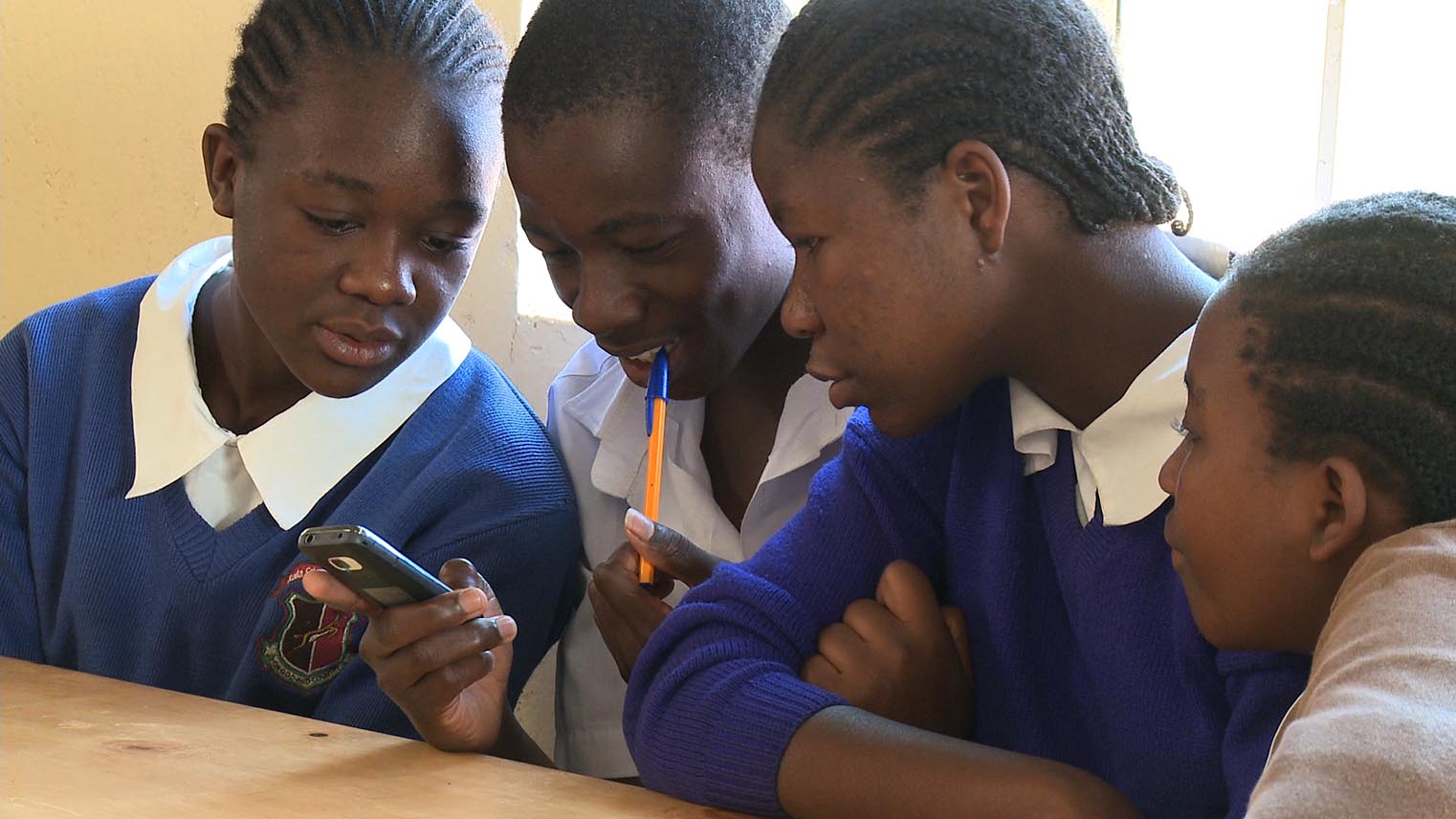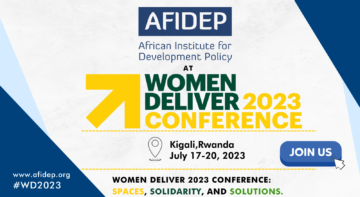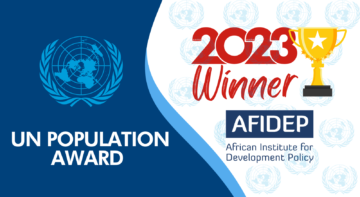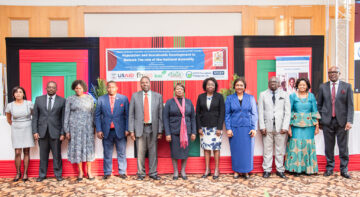News

The African Institute for Development Policy (AFIDEP) and the United States International University Africa (USIU) will host a Science-Policy Café to discuss the challenges and opportunities for youth development and education reforms in Kenya. The Café will take place on Monday March 7, 2016 at Intercontinental Hotel from 7.00am-10.30am.
The Café, dubbed: “Unlocking the Demographic Dividend and Power of Youth to Propel Kenya’s Socioeconomic Transformation Agenda’, will deliberate the urgent higher education reforms needed to enable Kenya to produce a human capital with skills that match the changing job market, but also skills needed to transform the country’s socio-economic growth.
Specifically, the Café will draw attention to the need for Kenya to mainstream Transferable Skills into formal school curricula given emerging evidence that transferable skills could be the solution to enhancing the productivity and improving the employment prospects of young people. Transferable skills are the “soft” or non-cognitive skills that can be applied across different work and life situations including communication and collaboration, critical thinking, creative thinking, problem solving, leadership, and character skills.
Given the lack of local evidence on the effect of transferable skills on Kenya’s human capital, the Café will contribute to the on-going debates and policy actions on reforms in Kenya’s education sector by stimulating new thinking and evidence-informed guidance that will enhance the effectiveness of key policies and initiatives in higher education in Kenya.
The Café deliberations will also examine the role of the private sector in supporting Kenya’s education reforms and skill development efforts. It will also discuss the nature of public-private partnerships that Kenya and Africa at large should forge to create an enabling environment for the private sector to blossom, accelerate inclusive economic growth, and create the decent jobs that the continent urgently needs to graduate into middle or upper middle income economies.
Background
Children and youth in Kenya, as in most African countries, constitute a significantly large proportion of the population. In Kenya 43 per cent of the population are dependent children below 15 years of age; 21 per cent are between 15 and 24 years of age, and 15 per cent are youth aged 24-34. Thus, close to 80 per cent of all Kenyans are under 35 years of age. If the country’s birth rate, currently at about four children per woman, declines rapidly and mortality rates continue to decline steadily, the composition of the population will change from the current one dominated by dependent children and adolescents to one dominated by working age adults.
This age structure change can open the window of opportunity for accelerated economic growth and socioeconomic transformation termed the demographic dividend, through increased productivity of the relatively big working age population, greater involvement of women in the labour force due to reduced fertility, and increased capacity of families and governments to save for the future due to reduced child care costs. The level of the demographic dividend can be augmented if the relatively big working age population is: well educated; equipped with globally competitive productive skills; the economy generates ample quality jobs and other livelihoods; and there is improved governance and accountability in use of public resources and service delivery. However, if young people do not have the skills they need to be productive citizens and they lack economic opportunities and hope for the future, it is likely that Kenya’s youthful population will turn into a serious economic and security liability that will curtail the country’s chances of achieving the globally competitive and prosperous middle-income country and other development goals set out in Vision 2030.
Café Panelists
The café will convene policymakers, researchers, educationists, development partners, civil society organisations, and the media to discuss these critical education and skill development reforms that Kenya, and indeed Africa, should consider to unleash the development potential of its youthful population. A panel of experts will lead with contributions on various aspects of the debate to be followed by a contributions and discussions by the rest of the participants. The Café will be moderated by Prof. Jimmy Macharia of the USIU. Panelists include:
- Dinah J. Mwinzi, the Principal Secretary, Vocational and Technical Training, Ministry of Education, Science and Technology, Kenya
- Gituro Wainaina, the Acting Director General of Vision 2030 Delivery Secretariat, Ministry of Devolution & Planning
- Okwach Abagi, Director, Centre for Research & Development
- Michael Macharia, “Founder & Group CEO, SevenSeas Technologies and Chair KEPSA ICT Committee
- Santana Muthoni, Youth Representative, USIU
- Julius Muia, Secretary and CEO, National Economic and Social Council (NESC)
- Aajay Alva, Director Training “ Strategic Alliances, Technobrain Limited
General questions to be discussed
- What are the key reforms required in the higher education sector in Kenya to enhance the quality of graduates and address the mismatch between available skills and labour market needs?
- What are the bottlenecks that have given rise to the current situation where graduates do not meet the expectations of industry and what reforms are in the pipeline to address the situation?
- Can mainstreaming transferable skills into formal curricula be one of the key solutions? What are the challenges and opportunities for mainstreaming transferable skills into formal curricula?
- What respective roles should the public sector and the private sector play in these reforms?
- What can Kenya learn from reforms in higher education in other countries? Are there examples within the continent that we can emulate?
- How do the youth perceive the problem? What are the solutions from the perspective of the youth?
Related Posts





